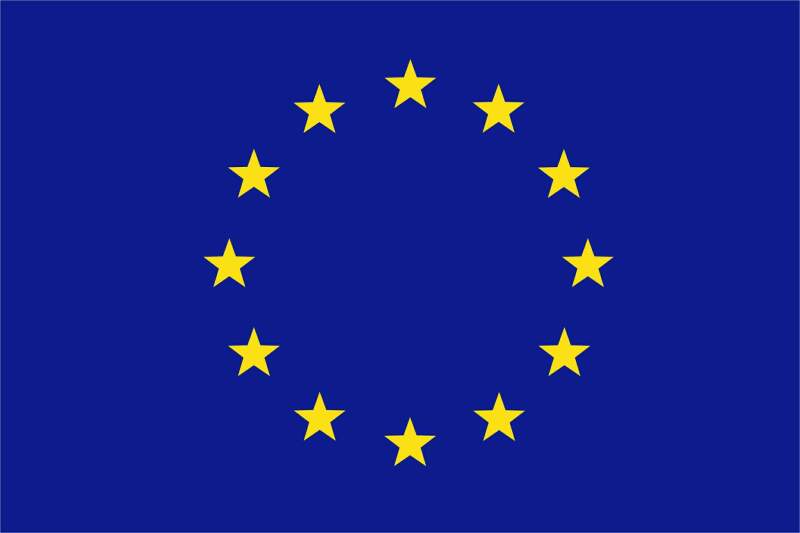
There is a divergence in terminology and the protection regime for confidential information in the EU. For example, in England a trade secret is seen as a subset of confidential information protected under contract or the common law of breach of confidence; while in Germany confidential information is treated as a general concept, the protection of which comes from various statutory provisions including criminal law.
This affects cross-border research and development activities, which often lead to innovation, and those who rely heavily on confidential information for competitiveness. The protection accorded to confidential information is directed at its acquisition, disclosure and use. The cyber-attack against Sony Pictures Entertainment is a recent example.
All this is why many welcome the proposed trade secrets directive which, albeit with some fine-tuning, will harmonise the law to provide some reassurance to businesses.
The proposed directive is awaiting the decision of the EU parliament and is set to go before the plenary on November 24. Its adoption and implementation is still some time away, but now is the time to start planning for the ramifications as well as putting appropriate measures in place to safeguard confidential information.
“In the short term changes in law will be minor, but in the long term it will be quite big as the EU Court of Justice gets involved in its interpretation,” says Anthony Trenton, one of the speakers at a seminar to be held this evening at the London offices of WilmerHale.
The seminar, titled ‘Protecting Confidential Information’, will discuss the current state of the law; the proposed EU trade secrets directive; and cybersecurity. Trevor Cook, Klaus Schubert and Trenton will open the seminar with an overview of the law in England and Germany, and a discussion on how the directive will change law and practice in this area - issues such as dealing with licences and employees are expected to be covered.
The session will end with Robert S. Mueller III, a former FBI director, who will talk about the practical measures to guard against cyber-attack and/or deal with such attacks.
We will publish a report on the seminar later this week.










